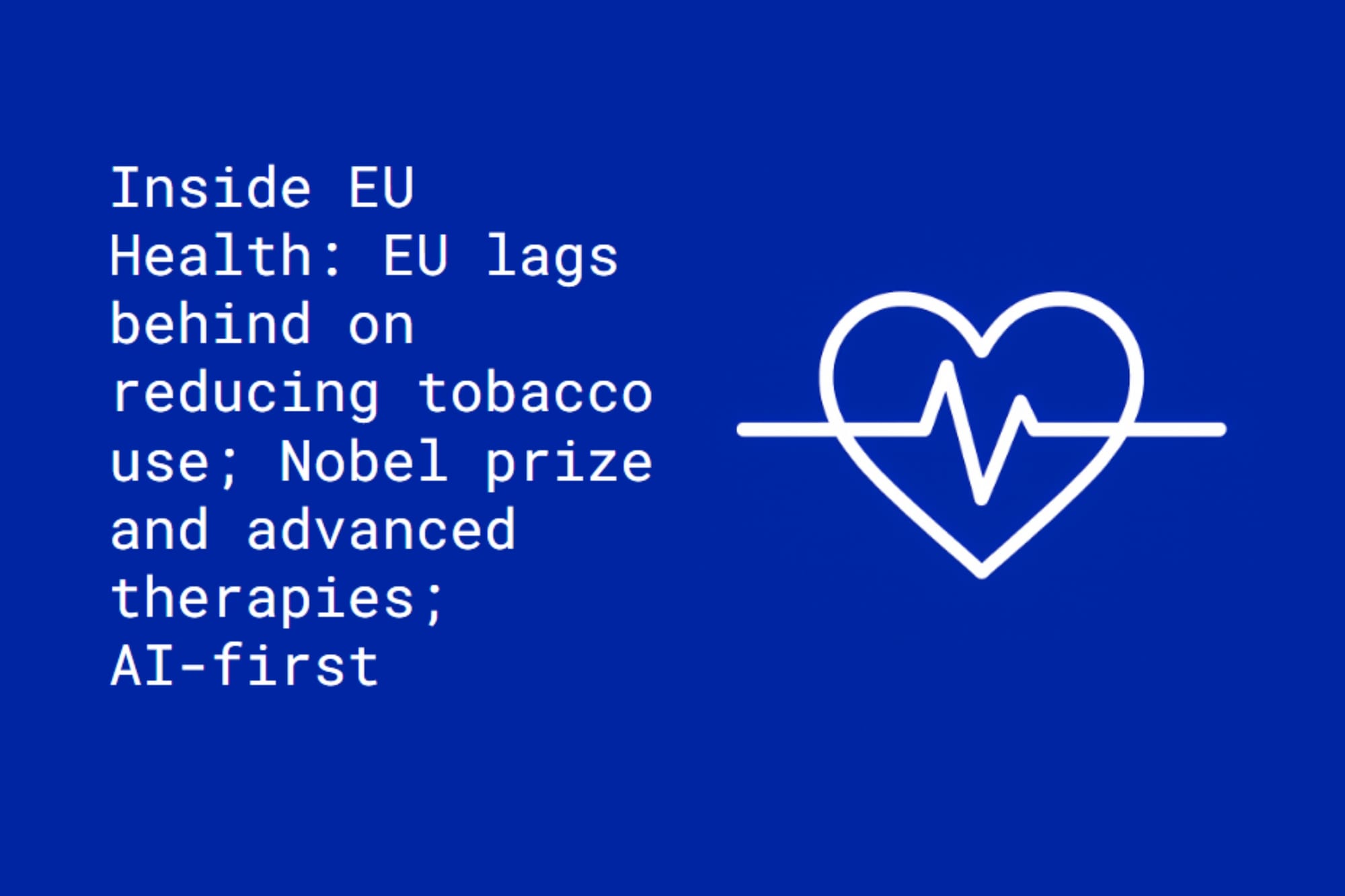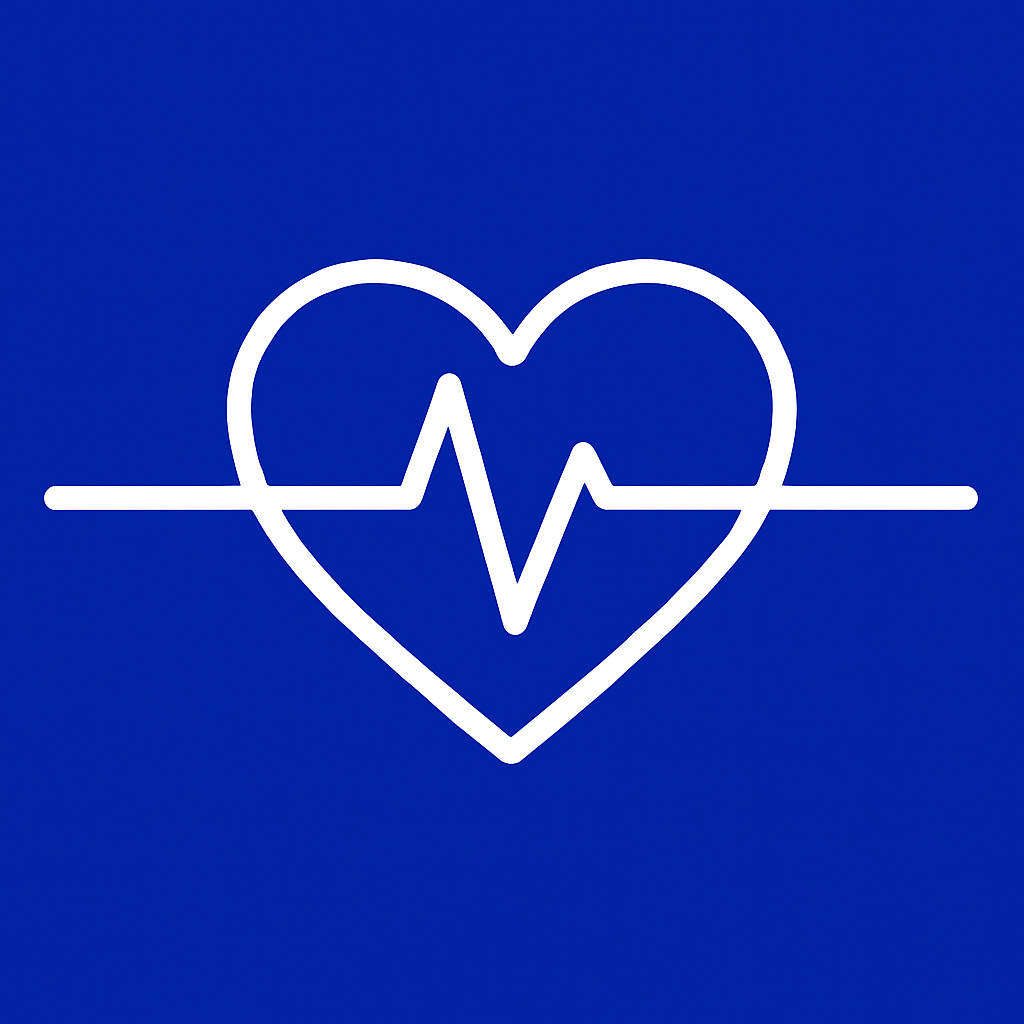Inside EU Health: EU lags behind the world in reducing tobacco use to an 'AI-first' approach
Inside EU Health: EU lags behind the world in reducing tobacco use to an 'AI-first' approach

EU lagging behind on reducing smoking: The latest WHO report highlights that while global tobacco use has declined since 2010, Europe now records the highest smoking rates worldwide, with nearly one in four adults using tobacco. The EU’s goal of a tobacco-free generation by 2040 looks unlikely without stronger measures. E-cigarettes are emerging as a new concern, especially among youth, raising fears of reversing progress against nicotine addiction. Read our article here.
Nobel Prize: This year’s prize highlights the promise of advanced therapies such as gene and cell treatments, in this instance regulatory T cells (Tregs). Despite major scientific progress, bringing these therapies from the lab to clinical settings remains a challenge. Fragmented regulatory systems across European states slow down approval and coordination. Read more here.
Pharma trilogues continued today: As reported in our 2 October newsletter, the Danish Presidency put forward some potential trade offs that could bring the Parliament and Council closer together.
The Parliament wants to extend the scope of the Environmental Risk Assessment to include all pharmaceuticals, whereas the Council wants to restrict it to the manufacturing of antimicrobials. The trade off is linked to the seemingly unrelated deadlines for market authorisation, where the Council wants to revert to 210 days and the Parliament wants to limit it to 180 days. The document says that while the two are not interlinked, they are related in terms of workload of administrations.
AI First: Tomorrow, 8 October, the EU will launch an ‘AI-first’ strategy. For healthcare the possibilities are transformational. The Draghi Report pointed to the need to invest in AI in health; currently the EU spends an estimated USD 2.6 billion, compared to USD 4.7 billion in North America and USD 2.3 billion in Asia-Pacific. The sector is entering a phase of rapid expansion, according to Draghi, with estimated global investment expected to grow at an annual rate above 40%.
There are three main areas where AI is already proving to be transformative: diagnosis, drug discovery and personalized therapies. See you tomorrow!
